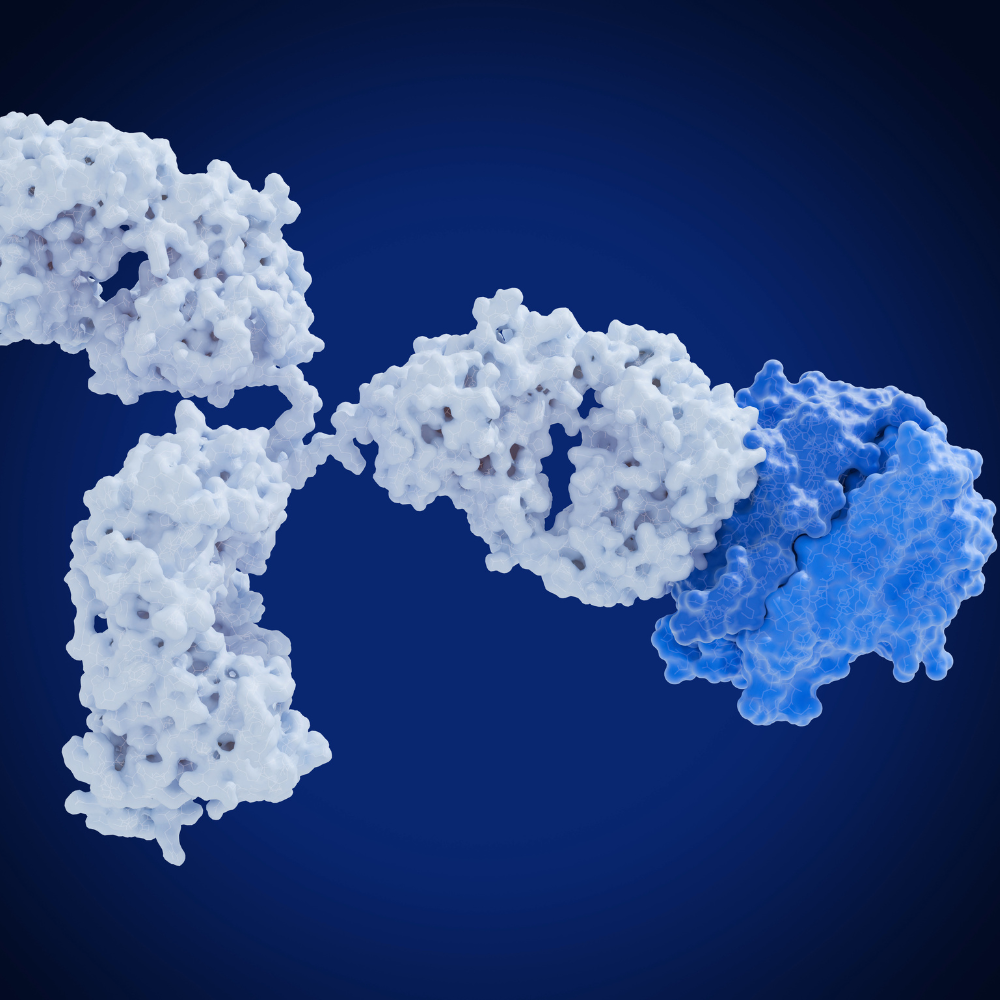Cancer remains one of the world’s most complex diseases, arising from an interplay of genetic, environmental, and infectious factors. While inherited mutations and carcinogens are well-known drivers, viruses known as oncoviruses play a much larger role than many realize. Globally, an estimated one in six cancers is linked to viral infection, with pathogens such as HPV, HBV, HCV, EBV, and HTLV-1 responsible for millions of new cases each year.
Unlike genetic or environmental causes, viral oncogenesis can unfold through both direct and indirect mechanisms. Some viruses integrate into the host genome, silencing tumor suppressor genes or activating oncogenes. Others trigger chronic inflammation, immune evasion, or cellular stress that sets the stage for malignant transformation. While each of these viruses poses significant risks on their own, the danger can escalate when two or more infections occur together. In such cases, viral interactions can intensify inflammation and immune disruption, accelerating disease progression and complicating detection.
Yet despite this clear connection, virus-driven cancers often go undetected until late stages, especially in regions where access to advanced molecular testing is limited. Traditional diagnostics that focus on single pathogens may miss co-infections or early viral reactivation events. This gap highlights the growing need for comprehensive, multiplex diagnostic platforms capable of detecting multiple oncoviruses and related biomarkers in a single workflow.
Emerging technologies such as syndromic testing, multiplex lateral flow, and isothermal molecular assays are beginning to bridge that gap. These tools not only improve sensitivity and turnaround time but also make testing more accessible—bringing advanced detection closer to the point of care. When combined with preventive strategies such as vaccination, screening, and surveillance, they hold enormous potential to reduce the global burden of virus-driven cancers.
Meridian Life Science advances diagnostics across the spectrum — from high-throughput labs to point-of-care testing — with innovative molecular and immunoassay solutions. By enabling developers to create reliable, scalable, and accessible assays, Meridian is helping drive the next generation of tools for early cancer detection and global health impact.
Read the full article:



